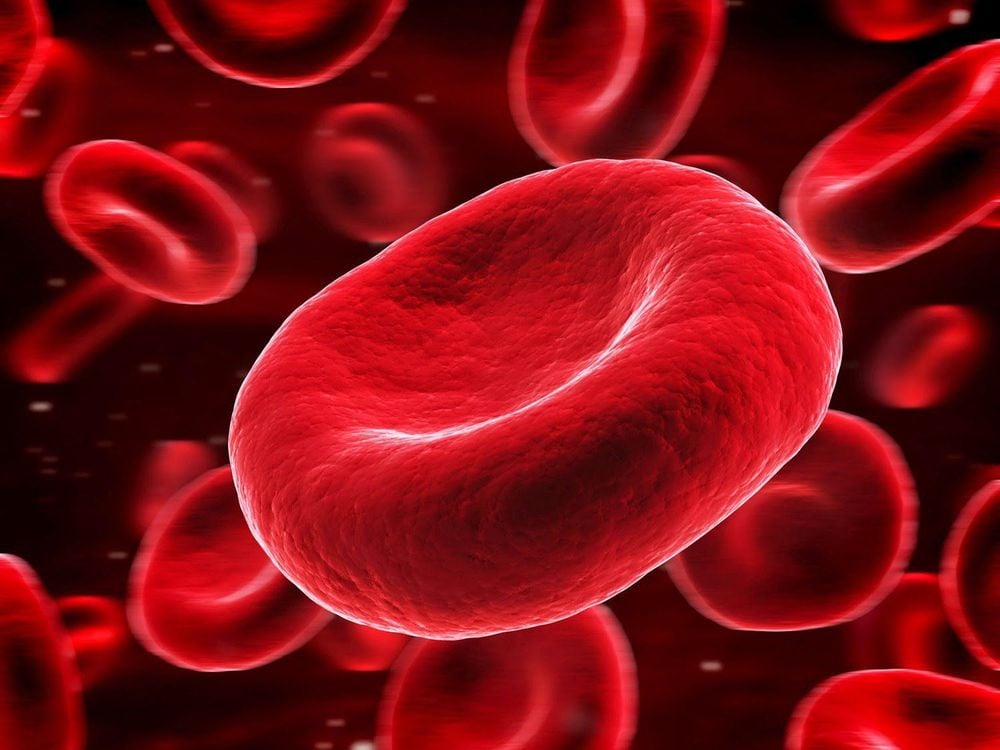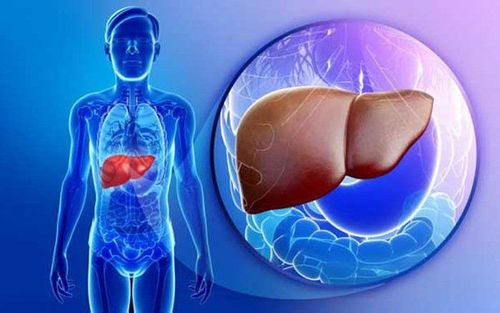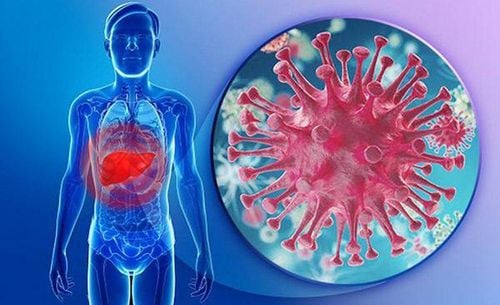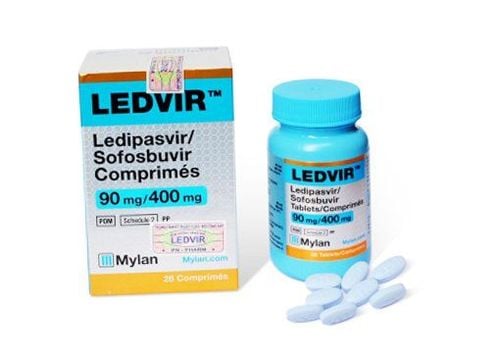This is an automatically translated article.
The article is advised by Master, Doctor Nguyen Thi Nhat - Infectious Diseases - Department of Medical Examination & Internal Medicine - Vinmec Hai Phong International General Hospital.Hepatitis C is a fairly common disease that can lead to many dangerous complications if not detected early and treated aggressively. Knowing which way hepatitis is transmitted, or whether hepatitis C is transmitted through the respiratory tract will help prevent the disease better.
1. Hepatitis is transmitted by which way?
Among liver diseases, there are four main types that are well known: hepatitis, fatty liver, cirrhosis and liver cancer. The disease will not be contagious if the cause stems from lifestyle habits, such as alcohol abuse, tobacco use, improper diet, etc. However, viral hepatitis is a risk. relatively high infection rate.Up to 6 different viruses are the cause of liver diseases, including hepatitis A, B, C, D, E and G viruses. In which, the two most common and dangerous types are hepatitis viruses. B and hepatitis C virus. Each type of virus will have a separate infection path, when entering the body, there will be 2 following cases:
Case 1: The virus is not active, so the infection level will be low; Case 2: The virus strongly attacks the liver, so the ability to infect is large. Knowing how hepatitis is transmitted will help us take more effective measures to prevent the disease. Specifically, hepatitis A and E will be transmitted through eating and drinking:
Hepatitis A: Spread when regularly eating dirty, undercooked, unhygienic food or sharing eating utensils. In addition, contact with objects contaminated with feces of hepatitis A patients also creates the possibility of infection. Hepatitis E : Similar to the above, hepatitis E will spread from person to person through the digestive tract. Dirty food sources and contaminated drinking water will create conditions for viruses to enter the body and cause disease. Meanwhile, diseases caused by hepatitis B, C and D viruses all share the same route of infection as the cheek, unsafe sex with people infected with hepatitis virus and from mother to child, in which hepatitis D virus. Hepatitis B is required to survive, which means that people with hepatitis B are at risk for hepatitis D co-infection. Specifically, the routes of infection are as follows:

Mother to child Pregnant women infected with hepatitis virus will pass it on to the baby in the womb. In the first trimester, the rate of mother-to-child transmission is 2%, the second trimester is 10%, and increases to 70% in the third trimester. The risk of infection with hepatitis B and C viruses during pregnancy will greatly affect the development of the fetus.
Sexual route Unprotected sex will increase the risk of hepatitis virus infection, especially hepatitis C virus found in semen of men. Therefore, everyone needs to use protection when having sex.
2. Is hepatitis C transmitted through the respiratory tract?
Hepatitis C is not transmitted through the respiratory tract. This means that casual contact, conversation, or shaking hands with an infected person does not pose a risk of spreading the virus. Therefore, if you have a close relative with hepatitis C in your family, you can still feel secure and comfortable living together because the disease is not transmitted through the airways. However, caution is still needed because direct and too close contact with the saliva of a hepatitis patient poses a risk of infection, although it is quite rare. For example, if you kiss deep inside the mouth of a patient who is suffering from ulcers and bleeding, the probability of infection is quite high.Hepatitis C is a dangerous infectious liver disease, caused by the Hepatitis C virus (HCV). This virus is usually transmitted through blood, so you have to come into contact with the blood of an infected person to become infected. Among them, the most common ways of transmitting hepatitis C are: injecting drugs with infected needles, reusing unsterilized medical equipment, receiving blood transfusions that are not adequately screened. Less common routes of hepatitis C transmission include: contact with contaminated syringes containing the virus, sexual contact with an infected person, mother-infant transmission, sharing personal items that have been in contact with an infected person. blood....

3. Prevention of Hepatitis C
How to effectively prevent hepatitis C is a matter of great interest to many people. To prevent the infection of this virus, it is recommended to:Healthy diet: Should consume a lot of green vegetables, fruits to supplement vitamins and minerals to help the body increase resistance, fight pathogens. sick. For example, spinach, cauliflower, kale, fruit juices clear the body heat and detoxify the liver, helping the liver work healthy. Reduce eating spicy, greasy and high cholesterol foods that are bad for the liver. Maintain personal hygiene and food safety: To avoid viral infection, it is necessary to wash your hands with antibacterial soap, use clean food sources, eat cooked and drink boiled to kill disease-causing bacteria. Stay away from stimulants: Abuse of coffee, tobacco or alcohol for a long time will cause the accumulation of toxic substances, leading to a weakening of the immune system. In addition, you should also avoid abuse of drugs, arbitrarily buying drugs without a doctor's prescription. This habit will cause liver failure, liver dysfunction and create conditions for viruses to cause disease. Sleep on time, don't stay up late: Not getting enough sleep and staying up late regularly will adversely affect liver function. Exercise: Regular exercise helps improve health in general and liver function in particular. Do not share personal items: Items that can be contaminated with blood are also at risk of virus infection, such as needles, utensils, and equipment. tattoo tools, lip tattoos, toothbrushes, razors, nail clippers,... Safe sex: Use protection such as condoms, monogamous sex to avoid transmission infected. Vaccination: Vaccination is a simple and effective way to proactively prevent liver disease viruses. However, there is currently no specific vaccine for hepatitis C, so preventing transmission of the virus is very important.

Currently, Vinmec International General Hospital has Hepatobiliary Screening packages, which help detect Hepatitis C at an early stage even when there are no symptoms. In addition, the comprehensive hepatobiliary screening package helps customers:
Evaluate the liver's ability to work through liver enzyme tests; Evaluation of bile function; vascular nutrition; Early screening for liver cancer; Perform tests such as Total blood cell analysis, blood clotting ability, screening for hepatitis B, C Assessment of liver and biliary status through ultrasound images and diseases that are at risk of affecting liver disease / liver disease. more severe liver disease In-depth analysis of parameters to evaluate hepatobiliary function through laboratory and subclinical; the risk of affecting the liver and early screening for hepatobiliary cancer. In addition, when using the service at Vinmec, customers are also advised by a team of qualified and experienced doctors and nurses on lifestyle, nutrition and lifestyle regimens to keep their liver healthy.
Please dial HOTLINE for more information or register for an appointment HERE. Download MyVinmec app to make appointments faster and to manage your bookings easily.














